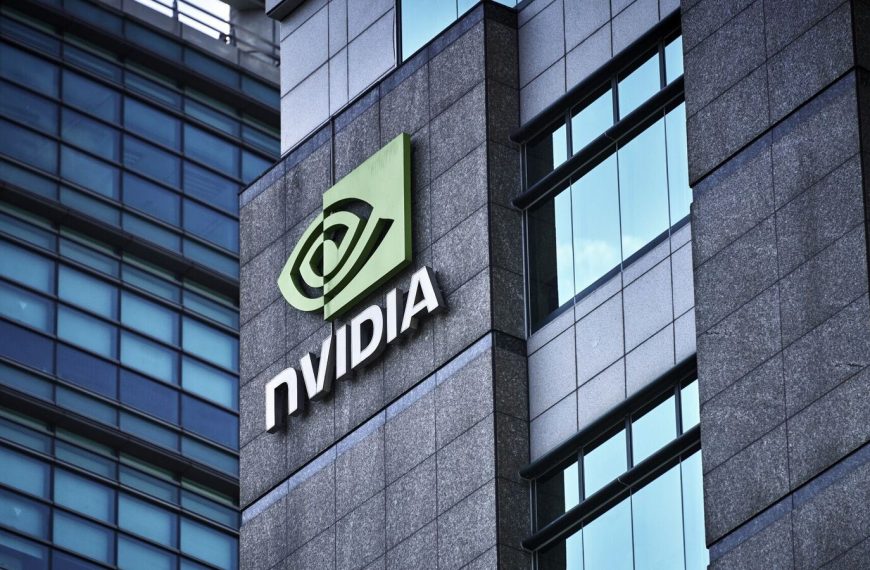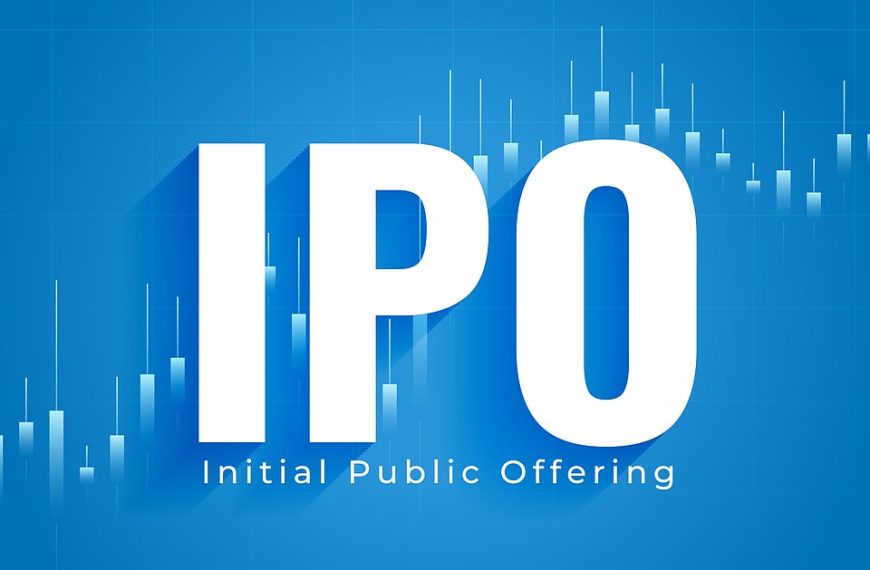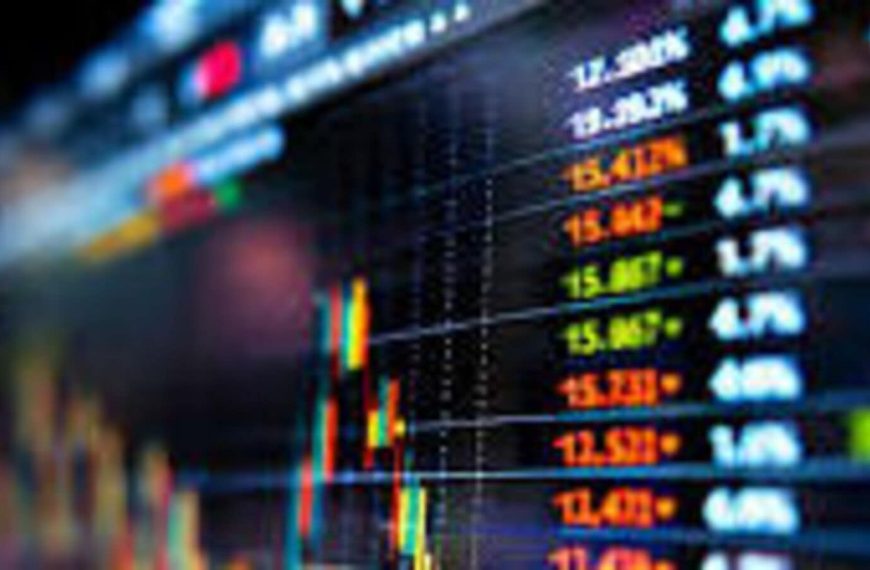Global stock markets faced a significant downturn on Friday as China retaliated against President Donald Trump’s recent tariff increases, escalating the ongoing trade conflict. Even a surprisingly strong report on the U.S. job market could not halt the downward spiral of the markets, highlighting the increasing concerns over the global economic landscape.
Market Response to Trade Tensions
As investors digested the news, the S&P 500 index plummeted by 4.8% during afternoon trading, marking its worst performance since the economic fallout from COVID-19 in 2020. The Dow Jones Industrial Average fell by 1,719 points (approximately 4.3%), while the Nasdaq showed a decline of 4.9%.
- European stocks were particularly hard-hit, with major indices dropping over 4%.
- The price of crude oil fell to its lowest levels since 2021, and other key commodities, like copper, also experienced price declines amid fears that the trade war might stifle global economic growth.
China’s Strategic Tariff Response
In a swift reaction to the U.S. tariffs, the Commerce Ministry in Beijing announced it would implement a 34% tariff on all imports from the U.S. starting April 10. This tit-for-tat approach underscores the intense economic rivalry between the world’s two largest economies.
While the U.S. jobs report released on Friday indicated stronger-than-anticipated hiring, providing a brief glimmer of hope for investors, many analysts warn that this data reflects past conditions rather than future potential.
Rick Rieder, Chief Investment Officer at BlackRock, commented, “The world has changed, and the economic conditions have changed.” The pressing question remains: Will the trade war trigger a global recession? If so, stock prices could decline even further; the S&P 500 has already lost about 16% since reaching a peak in February.
Trump Maintains Optimism Amidst Market Decline
Trump, seemingly unfazed by the market turmoil, spent Friday morning at his Mar-a-Lago estate, later heading to a nearby golf course. He took to social media, declaring, “THIS IS A GREAT TIME TO GET RICH.”
The future of tariffs and potential retaliatory measures from other nations will significantly influence market dynamics. Some on Wall Street hold out hope that Trump might reduce tariffs following negotiations, while others warn that a recession could be looming.
Despite acknowledging that Americans may experience “some pain” from tariffs, Trump emphasized that the long-term benefits, such as revitalizing U.S. manufacturing, justify these measures. He likened the economic situation to a medical procedure, suggesting that the U.S. economy is the patient undergoing necessary treatment.
Brian Jacobsen, Chief Economist at Annex Wealth Management, remarked, “For investors, it might feel like an operation without anesthesia.” However, he also noted that the pace of negotiations could lead to quicker tariff reductions than expected, affecting recovery timelines.
Global Trade Relations in Flux
In response to the escalating trade tensions, Vietnam’s Deputy Prime Minister plans a visit to the U.S. for discussions, while the European Commission’s leadership has vowed to take action against U.S. policies.
Trump criticized China’s defensive stance, stating on Truth Social that “CHINA PLAYED IT WRONG, THEY PANICKED – THE ONE THING THEY CANNOT AFFORD TO DO!”
Impact on Major Corporations
Companies with substantial operations in China faced the steepest losses. For instance, DuPont saw its stock plunge by 11.2% following news of an anti-trust investigation by Chinese regulators targeting its local subsidiary. Similarly, GE Healthcare, which derived 12.3% of its revenue from China, fell by 12.7%.
Meanwhile, in the bond market, Treasury yields continued to drop sharply. The yield on the 10-year Treasury fell to 3.95%, a significant decline from 4.80% earlier in the year.
The Federal Reserve might consider cutting interest rates to alleviate economic pressures, but the room for such action is limited. Fed Chair Jerome Powell warned that tariffs could exacerbate inflation expectations, creating a potentially damaging cycle.
“Our obligation is to maintain stable long-term inflation expectations and to ensure that a one-time price surge does not evolve into a persistent inflation issue,” Powell stated.
International Market Reactions
The fallout was felt globally, with Germany’s DAX dropping 5%, France’s CAC 40 declining by 4.3%, and Japan’s Nikkei 225 falling 2.8%.
As the situation unfolds, investors are left navigating a complex landscape filled with uncertainties stemming from trade policies and economic forecasts.











